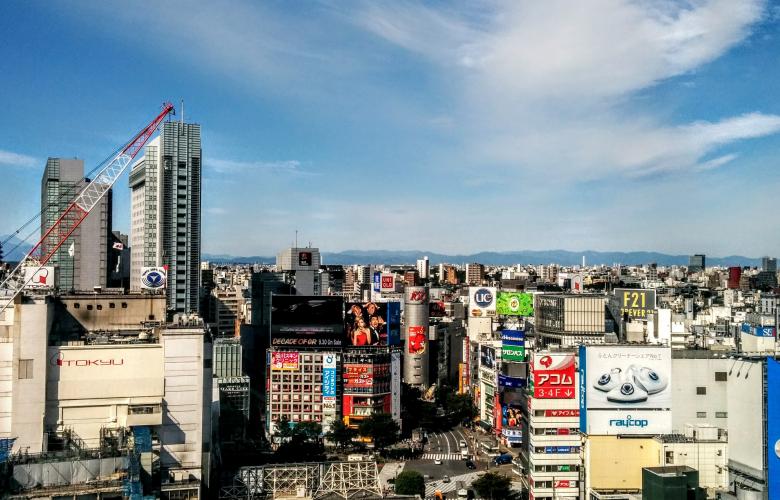Very important information to read:
This article is intended as a preliminary guide only and refers to some but not all elements required to consider in detail prior to starting any property dealings or due diligence. Property dealings are often complex, especially in foreign countries and we highly recommend you seek independent professional advice... read more... In Japan, you rarely walk the path to a new home alone. It is the norm that real estate transactions are facilitated through an agent. Further, a judicial scrivener must be present at the time of contract signing. Below are some tips on what other players you might want on your team to find the best property, be it a new home or an investment property.
Real estate agent
Most properties for sale in Japan are listed on REINS and only licensed brokers have full access to the database. Besides finding properties for you and liaising with the selling party’s agent, a good real estate agent also has in-depth knowledge of the Tokyo property market that moves in a very different way from what you might be used to overseas. See our guide on how to find a good real estate agent to work with for more points on selecting the right agent.
Appraiser
If you are buying a large property, e.g. a whole apartment building or commercial property, you might want to have the building valued by an independent appraiser. Appraisers should be officially accredited by the Japanese government. While many Japanese-speaking professionals are available in Tokyo, Daiwa Real Estate Appraisal is one firm that employs several members of staff fluent in English who are experienced in advising overseas firms and private individuals.
Financial institution
If you planning on taking out a loan, you will need to sign a mortgage with a Japanese bank. Foreign residents are eligible for mortgages at the same conditions as Japanese nationals. See our post on loans and mortgages for a complete overview of which banks lend money to what conditions.
Judicial scrivener
A judicial scrivener must be present when property ownership is transferred and contracts are signed. Usually, your or the other party’s real estate agent will arrange the scrivener and their fees are fairly fixed (and usually shouldered by the buying party). So rest assured, you don’t need to worry about this arrangement and can leave it to the agent.
Lawyer
While you should not need any legal assistance if things go as expected, if you end up in a dispute with the other party, enlisting a legal professional specialising in property law might be useful. Retainers in Japan are high, so it is best to avoid legal disputes of any kind. And note that this is the very last resort for the Japanese who prefer to settle things outside of court. If you do need legal assistance, again, a trustworthy real estate agent would be your first point of contact to put you in touch with a reputable lawyer who speaks English. Otherwise, check this comprehensive list by Plaza Homes.
Management company
If you acquired an investment property, you want to enlist the services of a management agency. Managing properties yourself in Japan would mean to converse with your tenants in Japanese should repairs or emergencies (like power outages) occur. Without a management agency, you would need to arrange for these, again in Japanese, by yourself. It is best to leave this service to a professional management company. Your real estate agent can usually recommend one. Wealth Park is an English-speaking company that easily lets you manage your property from overseas via their app. Monthly fees start at JPY 3,000.
By Mareike Dornhege
Similar to this:
Akiya banks: Real estate listings promoting sales of abandoned Japanese homes
A guide to management and reserve fund fees for Tokyo condos and apartments
Hidden costs when buying property in Tokyo
Very important information to read:
This article and the above linked articles are not complete and are intended as preliminary guides only. These guides refer to some elements to consider prior to starting any property dealings or due diligence. Property dealings are often complex areas, especially in foreign countries and we highly recommend you seek independent professional advice... read more... 




